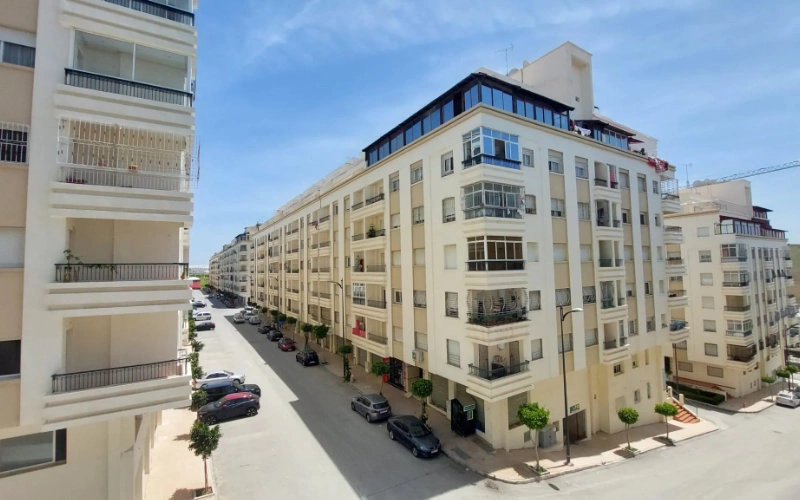Morocco’s Real Estate Crisis: 30% Drop in Sales as Market Struggles to Bridge Supply-Demand Gap

The Moroccan real estate market is going through a major crisis, marked in particular by a 30% drop in transactions and a considerable gap between supply and demand. An expert proposes viable solutions to revive the sector.
"There is no more rhythm in sales, demand is frozen," observes Karim Librahimi, director of the agency Le Point de Vente in Rabat, quoted by the magazine Challenge. According to him, the 30% drop in transactions is mainly due to a mismatch between supply and demand. Also, the availability of land is a problem. "We build where we have available land, not where people want to live," he says, stressing that the scarcity and high cost of land in the city center is pushing developers to move to the outskirts.
The tightening of financing conditions is also a cause of this crisis, explains the expert, who notes that the rise in interest rates reduces the borrowing capacity of individuals, while developers are forced to pre-finance their projects. "This blocks the start of construction sites and increases prices," says Librahimi, also mentioning the bureaucratic delays in the issuance of building permits, technical authorizations or notarial registrations, which exacerbate the crisis.
The expert also notes the lack of a clear legal framework for Off-Plan Sales (VEFA), tourist residences or municipal taxes. "The complexity of the rules deters small developers and institutional investors," he adds. This situation affects all players: real estate agencies, developers, notaries... "Even the big groups are at a standstill," Librahimi assures. Citizens, for their part, are having difficulty acquiring or renting real estate.
As solutions to this crisis, Librahimi recommends the creation of a digitized one-stop shop to accelerate procedures, the establishment of a standard contract for VEFA with a guarantee, the implementation of a national price observatory to strengthen transparency, as well as a real estate loan for the middle classes, supervised and guaranteed by the State. "The sector needs to be rebuilt," says Librahimi, calling for simplifying the administration, adapting the regulations and better orienting real estate production according to real needs.
Related Articles
-

Global Crackdown: Moroccan Travelers Face Mounting Restrictions Amid Immigration Concerns
29 August 2025
-

EU Banking Reforms Threaten Billion-Dollar Remittances to Morocco, Sparking Financial Sector Shake-up
29 August 2025
-

Bizarre 165-Million-Year-Old Armored Dinosaur Unearthed in Morocco Stuns Scientists
29 August 2025
-

Moroccan Truckers Expose Massive Beach Sand Theft, Demand Crackdown on Illegal Trade
29 August 2025
-

Soaring Costs of Elite Foreign Schools in Morocco Strain Middle-Class Families
29 August 2025